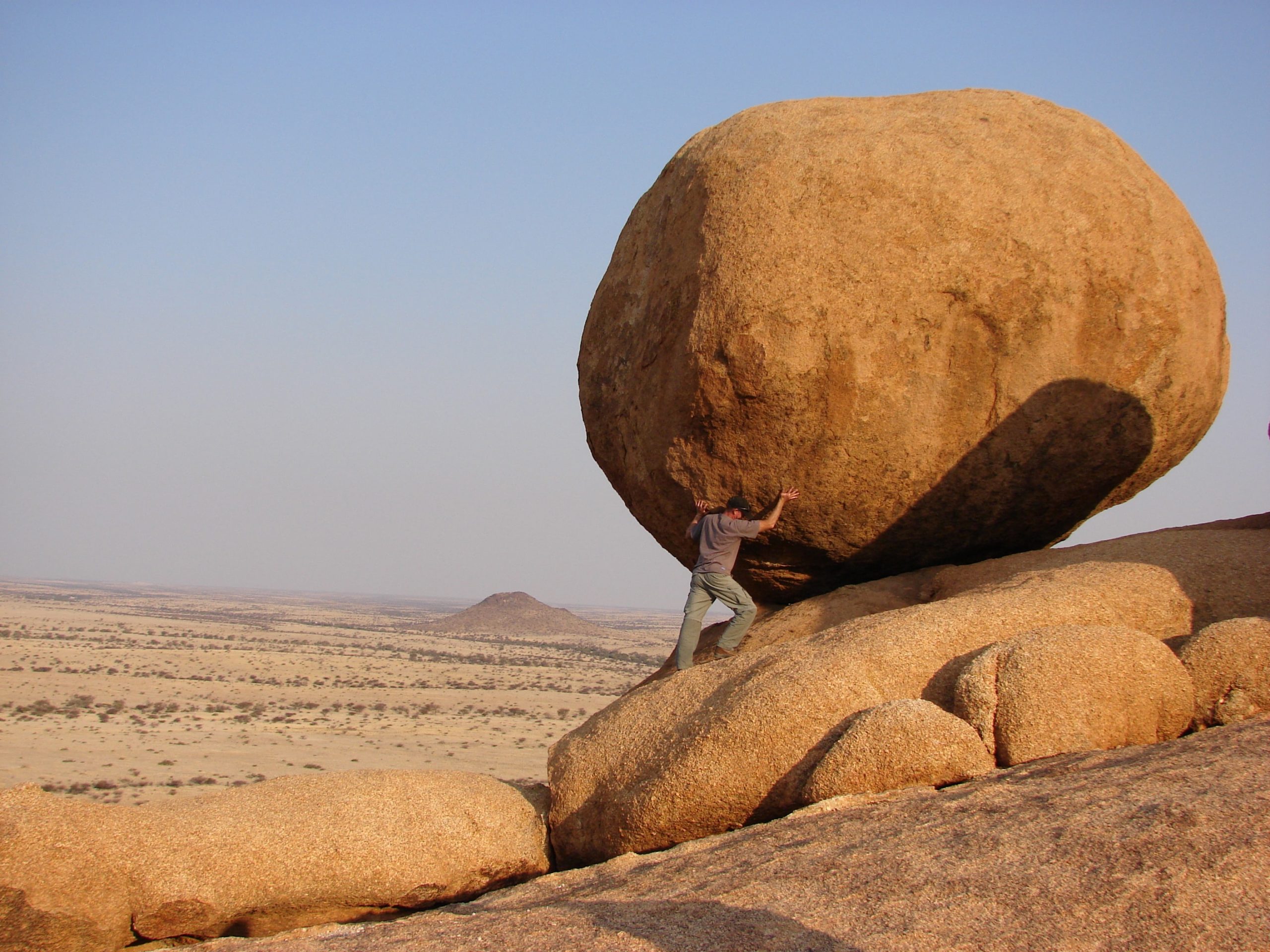Given all that has been going in the world, the time that we have been spending together as a family has been an obvious source of joy. The other night we were sitting around the dinner table together, recounting and evaluating our respective day. Our usual go to topic is “High/Low”; we have to come up with at least one item that was the highlight of our day, along with one low point. It sometimes sparks a lively discussion and always helps shift our awareness to having compassion with each other on our stumbling blocks, as well as gratitude for the joy.
Recently (for obvious reasons) you asked if we could also share what we were each worried about. Your mom and I looked at each other briefly in surprise, since you’re often the last person to reveal what’s really going on inside you. But you did share, and we talked through your worries by acknowledging them and addressing them. That prompted your sisters to share what they were worrying about. Consequently, we’ve been adding that question to our nightly dinner discussions.
But last night, your sister asked us a pointed question: “Daddy, why don’t you share what you’re worried about? Maybe we can help you feel better about things too.”
I had always thought my job was to protect you completely from the gale force winds of adult-level uncertainty and fear. (Like that movie “Life is Beautiful”, where the protagonist hides the nightmare of being in a concentration camp from a little boy.) It seems irresponsible of me to share what your mother and I are most afraid of, the extreme thoughts that we entertain within ourselves during the deepest part of the night. The facade of certainty has been stripped away from us. What will happen next month? What does this mean for the economy? The uncertainty of what will it mean for our finances? (Although it is a certainty it will.) These thoughts can easily spin faster and deeper to reveal the ultimate black hole question with no answer: “What kind of world will YOU be living in the future?”
Maybe we are doing you all a disservice by hiding that part of us and projecting what seems like strength. Perhaps the better example of resiliency is to acknowledge out loud our fears and to model how we can deal with them proactively and productively. That fear isn’t an on/off binary thing, that the myriad hues and gradients that it comes in are meant to be engaged with, not denied. I forget that, because I want to preserve the innocence of your youth as long as possible.
It’s hard to know how much to share with you and your sisters. The fact that the world is upended and strange is apparent. But I don’t want anything penetrating your sense of safety and security. I’m going to err on the side of preserving that for now. The adult-level anxieties and concerns can wait.
But I have to know that acknowledging that we also have fears about the world and the future is important. Not having all the answers is part of the human condition. Hopefully engaging that – unartfully as we may do it- will serve as a partial balm to your unease and help you feel less alone.
